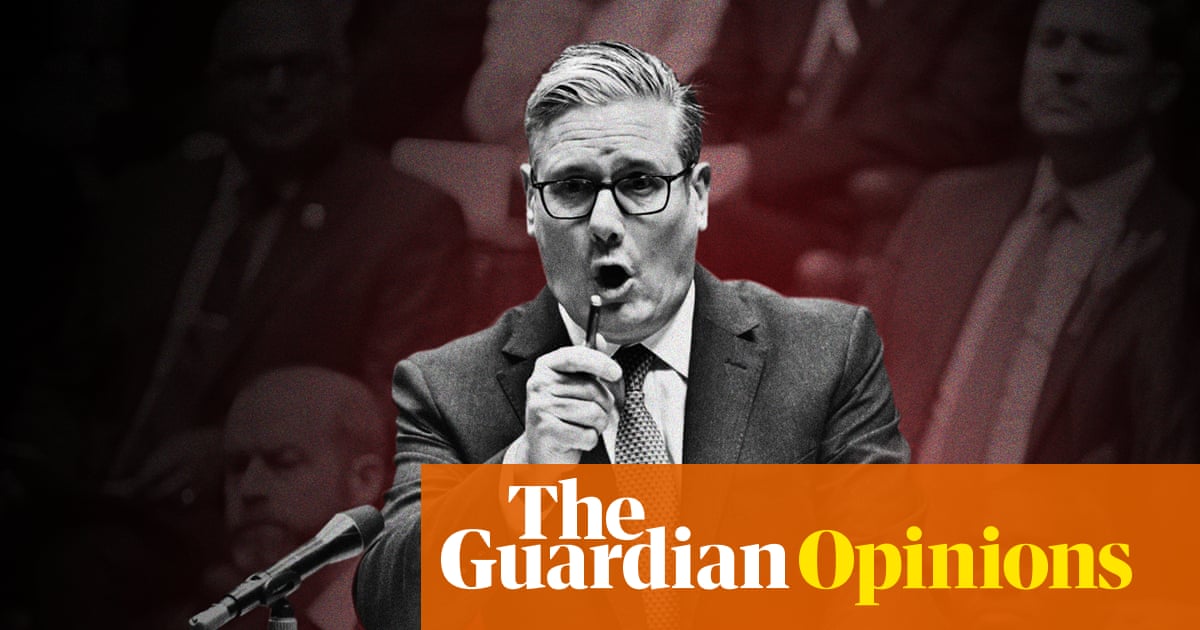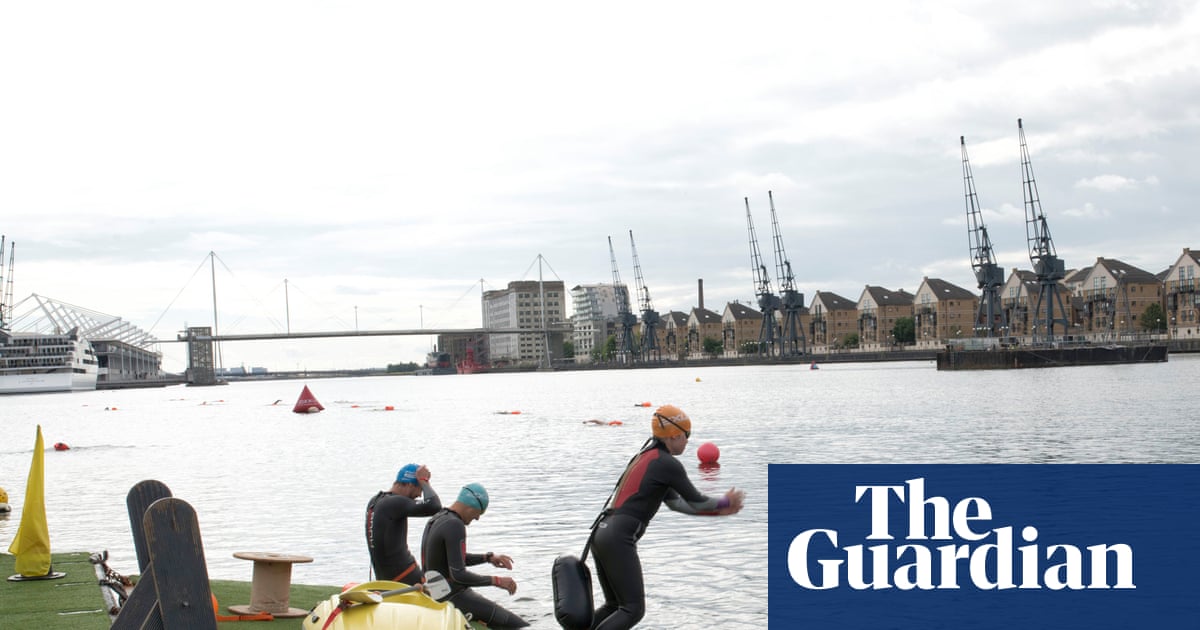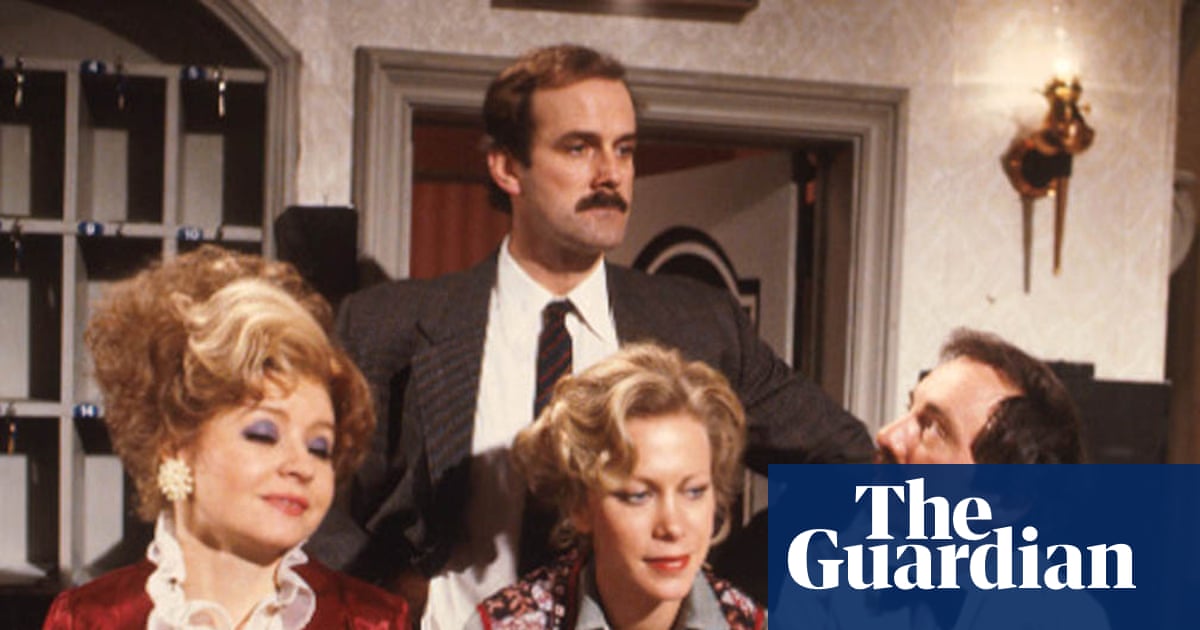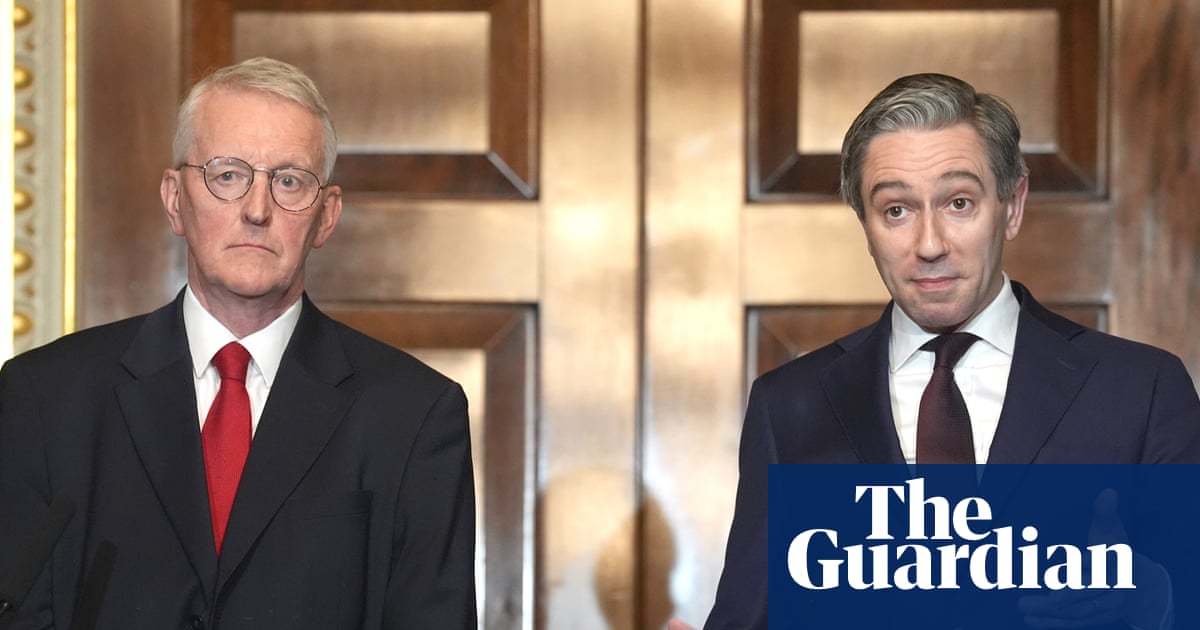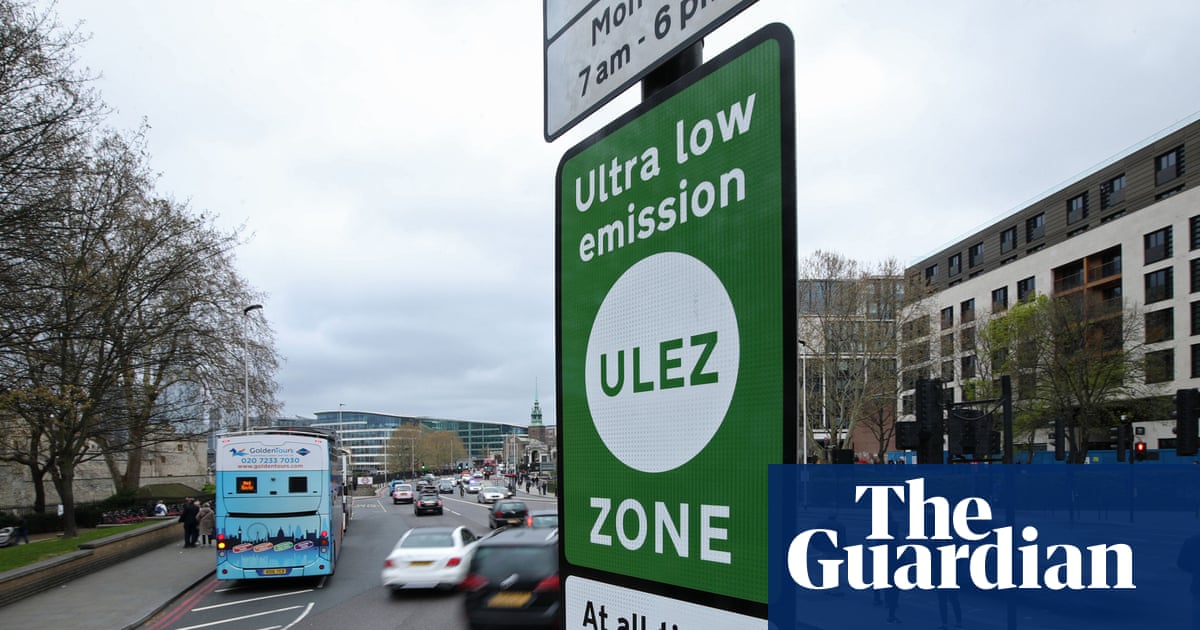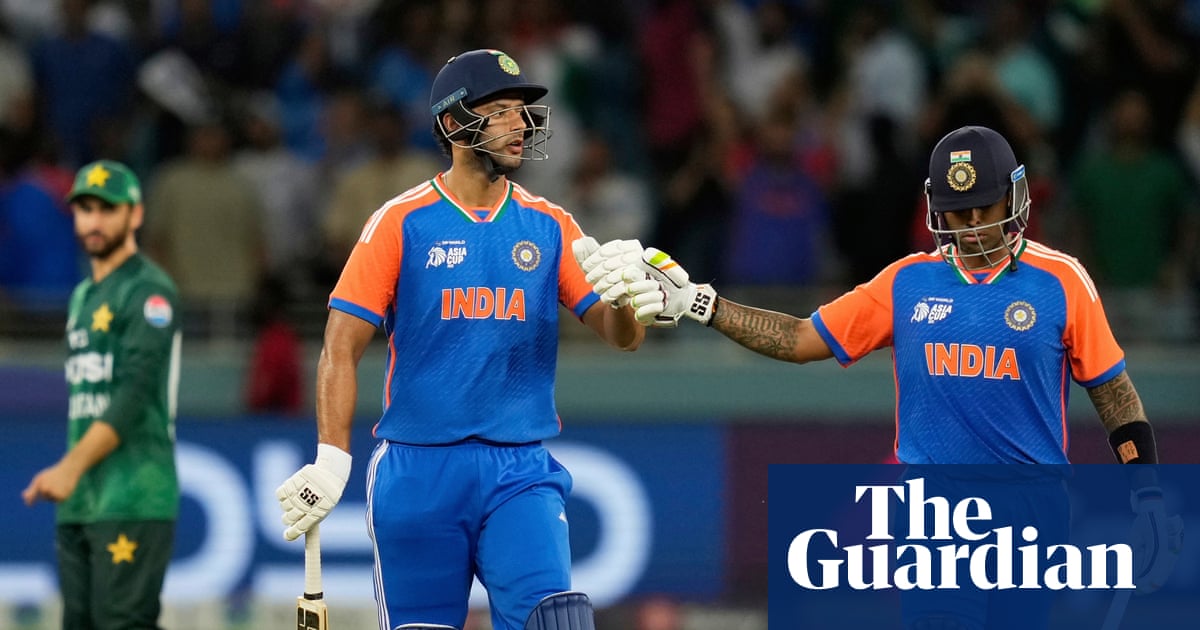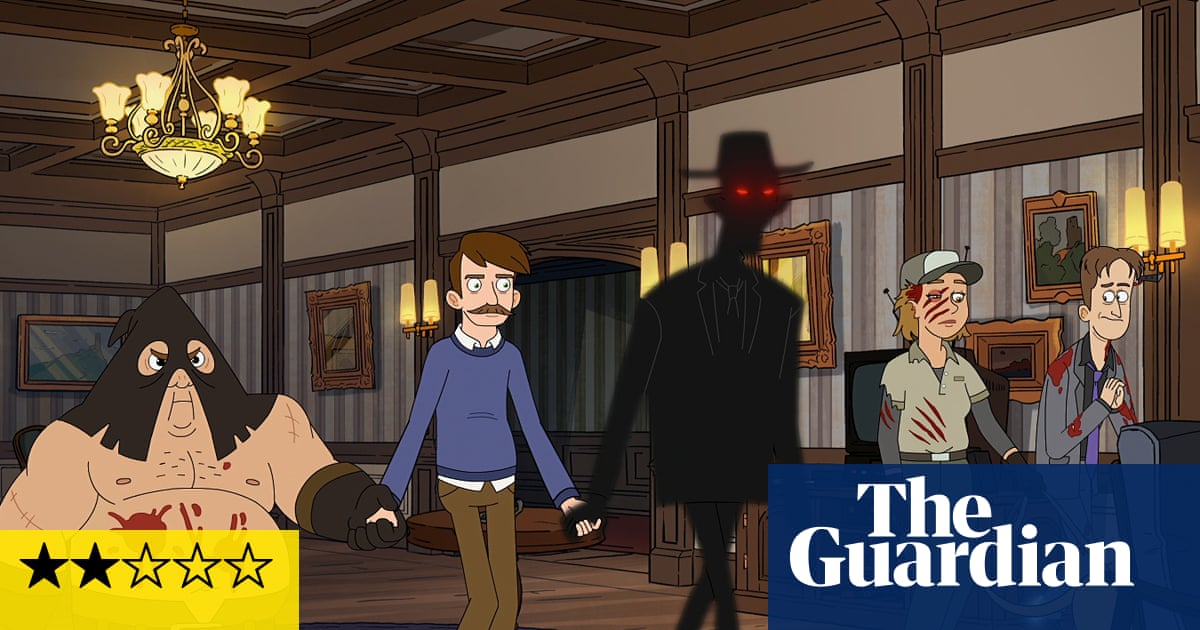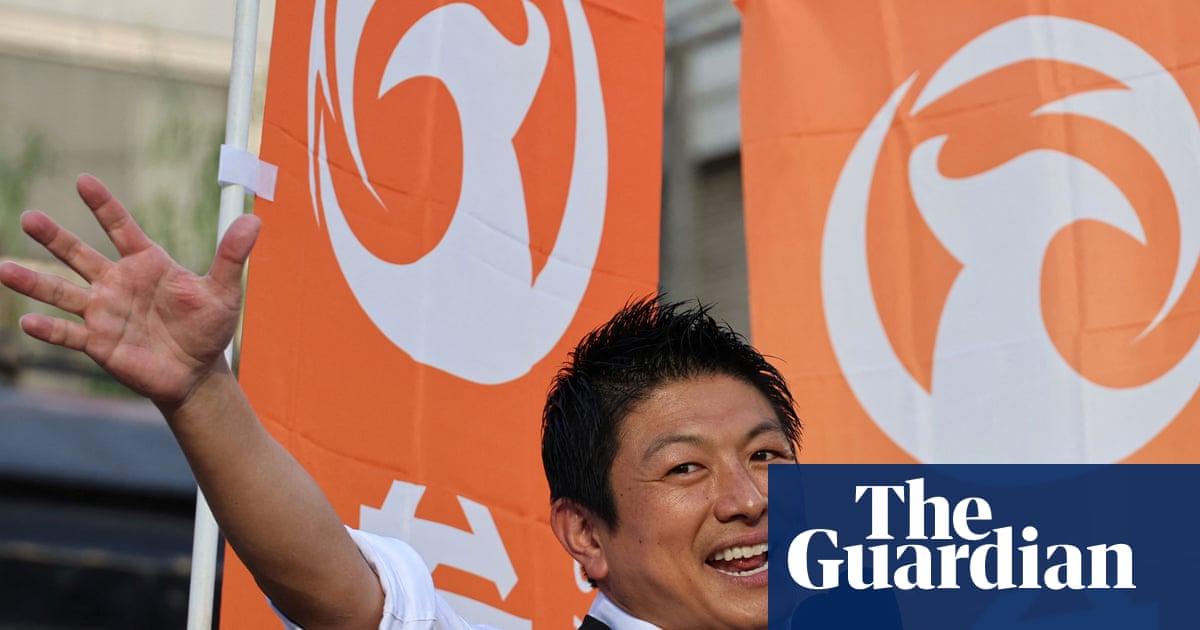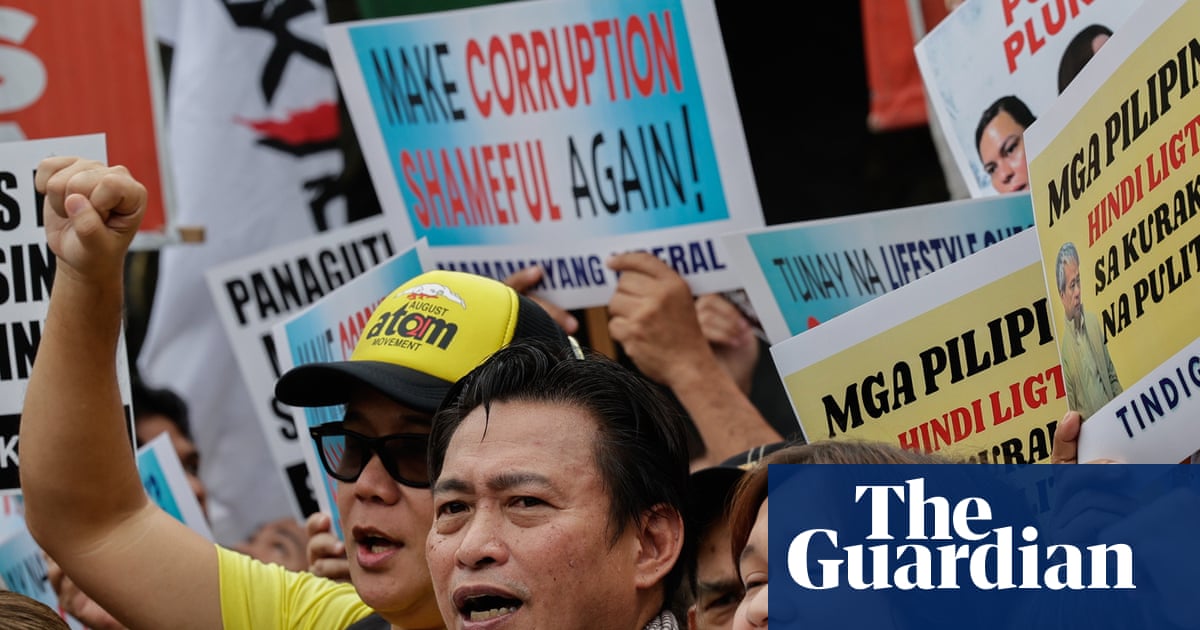When the Labour MP Luke Charters announced he was planning on taking at least four weeks paternity leave when his second son was born, he received dozens of messages of support and encouragement from constituents. But among the congratulations, one grumpy social media user had posted: “I hope you have a good rest.”
“I snapped back and said that view is part of the problem,” he says, speaking from the House of Commons. “Paternity leave – any parental leave – is not rest, it’s essential caregiving at the start of a child’s life.”
This summer the 29-year-old will become the first male MP to take extended parental leave and employ a locum, his office manager, to cover his constituency work while he is away.
“Being an MP is a privilege. It’s one of the busiest jobs in Britain, but I’ve got to be a dad first and an MP second,” says the Labour member for York Outer. “I think it’s really important to kind of model that behaviour and sort of lead by example.”
Charters is a part of a new group of MPs agitating for better leave for fathers, not only because it is good for them and their kids, but also because it is a way of steering young men away from “toxic influencers” and the lure of Reform.
With only two statutory weeks of leave – paid at £184.03 a week – the UK has one of the worst paternity leave offerings in Europe; recent research found one in three UK fathers took no paternity leave after the birth of their child. But after many years of female MPs and campaign groups arguing that better parental leave for fathers would improve gender equality and boost productivity in the UK, the paternity leave push has gained traction in recent months.
On Monday the cross-party women and equalities select committee called for new fathers to be given six weeks off work, arguing that the UK’s statutory parental leave system was “one of the worst in the developed world” and had “fundamental flaws”.
Two days later, after a spending review from Rachel Reeves that did not improve the deal for fathers, the Dad Shift campaign group organised a dad strike in which men and their babies gathered outside the Department for Business and Trade in London.
Meanwhile, MPs wrote to parliament’s spending watchdog to urge it to increase the amount of paid paternity leave given to its staffers, reported Politics Home. The Independent Parliamentary Standards Authority (Ipsa) replied with the news that a change was in the works, the Guardian has learned: qualifying new fathers would now get four weeks of paid leave, rather than two. Ipsa was “continually looking at ways to support a family-friendly parliament”, said its chair, Richard Lloyd.
Alex Latham-Reynolds, who works for the MP and paternity leave campaigner Shaun Davies, will likely be the first father to get the enhanced offer when he takes time off in September to welcome his new son. “From our perspective, and definitely from my perspective, it’s a big win,” he says. “I think it shows there’s a shift in perspective happening, that the importance of dads being around is being recognised.”
The battle for better parental leave for MPs and staff in Westminster has been protracted. Stella Creasy, the MP for Walthamstow, became the first to use a pilot providing full locum cover for her first child in 2020. A year later the government pushed through a bill giving ministers access to six months of maternity leave on full pay. Earlier this year, the secretary of state for Scotland, Ian Murray, became the first cabinet minister to take full paternity leave, following the birth of his second child.
Things are changing, says Charters. “This is a much younger parliament, you see a lot of toddlers and babies now, probably more than you have done in the past.” He hopes by taking extended paternity leave – and talking about it – he can encourage others to join the push for change. “My message is: we’re fighting for you to have enhanced paternity leave regardless of how busy your job is. If you can, do spend those important first few weeks with your son or daughter, building those lifelong memories. Nothing is more important.”

 3 months ago
103
3 months ago
103
